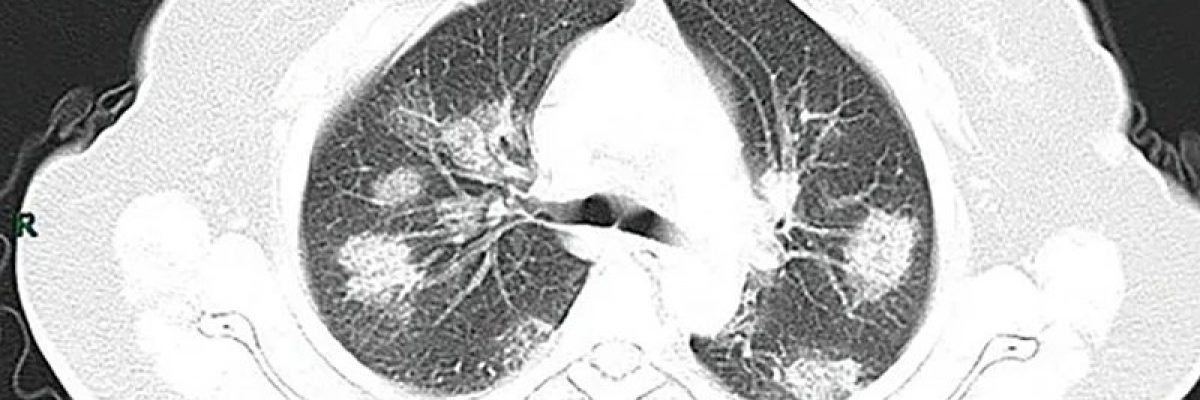Preliminary estimates show that people infected with the SARS-CoV-2 virus, the new coronavirus, and have symptoms of COVID-19, should recover from this disease within approximately two weeks after the onset of symptoms.
A study of 143 people hospitalized for COVID-19 in Italy found that 87.4% of patients “reported at least one symptom lasting, usually fatigue and/or shortness of breath, until about two months after their hospital discharge date. About 300,000 people in the UK reported that these symptoms lasted at least one month longer. 60,000 patients reported suffering from these symptoms for more than three months.
The continuous effects of these symptoms has been termed “long COVID”. The World Health Organization has reported that symptoms may include extreme fatigue, persistent cough or intolerance to exercise. The virus can cause severe inflammation in the lungs and cardiovascular system. Also persistent neurological problems have been reported such as memory loss and loss of the taste and smell senses. It may take the body a long time (several months) to fully recover.
Physicians and researchers currently cannot fully explain the cause and mechanism of persisting symptoms and side effects beyond the expected two weeks timeline. Several hypotheses have been suggested. One such example, is that the is experiencing chronic fatigue syndrome, a condition that causes muscle pain, brain fog and a feeling of debilitating fatigue, and is known to occur in response to severe trauma. Similar cases linking the syndrome to viral infection have been identified in the past. Those who suffer from the syndrome may recover or improve over time, but there are currently no treatments or medications for this syndrome. The CDC recommends the use of pacing – managing and slowly increasing personal activity gradually according to an effort baseline. Studies have shown that this method is good for reducing the aggravation of symptoms resulting from mental or physical activity.
Further studies have tried to find the mechanism that causes “long Covid” and examined patients’ BMI, age, gender and ethnic origin, but at present the phenomenon remains unexplained. A doctor who was diagnosed with coronavirus and experienced persistence of symptoms described the condition from her point of view: “People need to understand that long-term Covid is a real thing and can easily rob months (if not years) of patients’ lives. Doctors need a set of guidelines on how to diagnose and monitor people with long-term symptoms “.
My recommendation – Act according to medical guidelines and protect your health. Covid 19 is most certainly not the flu.







